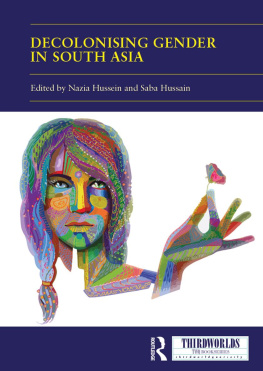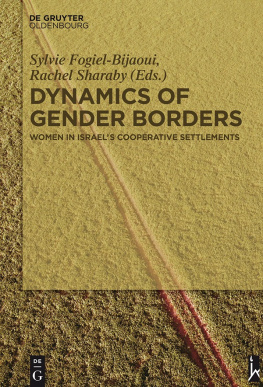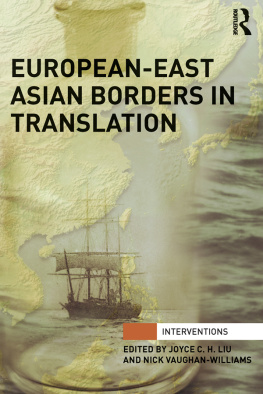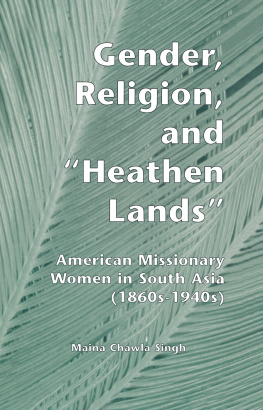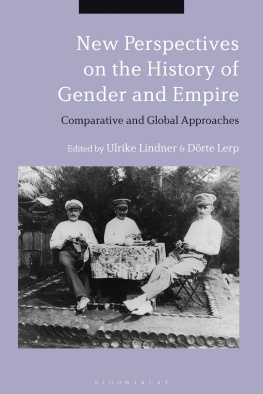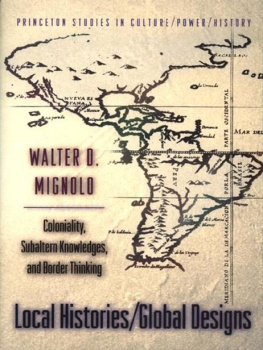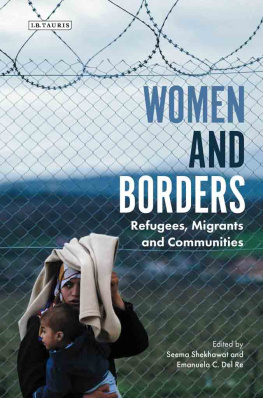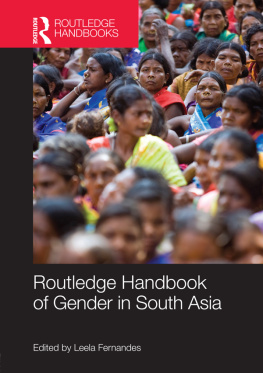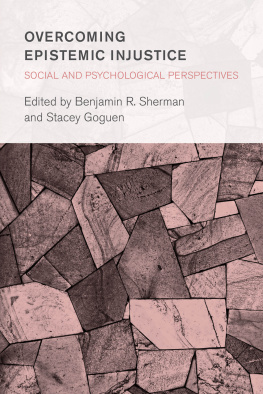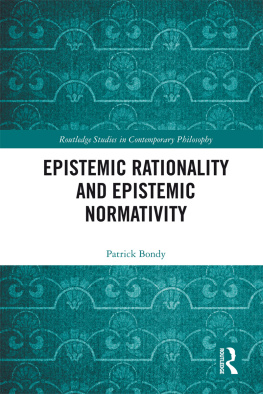Nazia Hussein - Decolonising Gender in South Asia
Here you can read online Nazia Hussein - Decolonising Gender in South Asia full text of the book (entire story) in english for free. Download pdf and epub, get meaning, cover and reviews about this ebook. year: 2021, publisher: Routledge, genre: Politics. Description of the work, (preface) as well as reviews are available. Best literature library LitArk.com created for fans of good reading and offers a wide selection of genres:
Romance novel
Science fiction
Adventure
Detective
Science
History
Home and family
Prose
Art
Politics
Computer
Non-fiction
Religion
Business
Children
Humor
Choose a favorite category and find really read worthwhile books. Enjoy immersion in the world of imagination, feel the emotions of the characters or learn something new for yourself, make an fascinating discovery.
- Book:Decolonising Gender in South Asia
- Author:
- Publisher:Routledge
- Genre:
- Year:2021
- Rating:5 / 5
- Favourites:Add to favourites
- Your mark:
Decolonising Gender in South Asia: summary, description and annotation
We offer to read an annotation, description, summary or preface (depends on what the author of the book "Decolonising Gender in South Asia" wrote himself). If you haven't found the necessary information about the book — write in the comments, we will try to find it.
Decolonising Gender in South Asia is the first full-length compilation of cutting-edge research on the challenging debates around decolonial thought and gender studies in South Asia. The book elaborates on various ways of thinking about gender outside the epistemic frame of coloniality/modernity that is bound to the European colonial project.
Following Walter Mignolo, the book calls for epistemic disobedience using border thinking as the necessary condition for thinking decolonially. Borders in this case are conceptualised not just as geographical borders of nation states, they also signify the borders of modern/colonial world, epistemic and ontological orders that the gendered and racialised populations of ex-colonies inhabit. Dwelling, thinking and writing from these borders create conditions of epistemic disobedience to coloniality/modernity discourses of the West. The contributors to this collection, all ethnic minority women from South Asia and the South Asian diaspora, write from and about these borders that challenge the colonial universality of thinking about gender. They are writing from, and with, subalternised racial/ethnic/sexual spaces and bodies located geographically in South Asia and South Asian diasporic contexts. In this way, when coloniality/modernity is shaping universalist understandings of gender, we are able to use a broader canon of thought to produce a more pluriversal understanding of the world.
The chapters in this book were originally published as a special issue of Third World Thematics.
Nazia Hussein: author's other books
Who wrote Decolonising Gender in South Asia? Find out the surname, the name of the author of the book and a list of all author's works by series.

